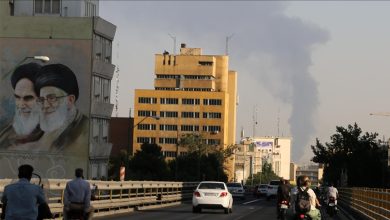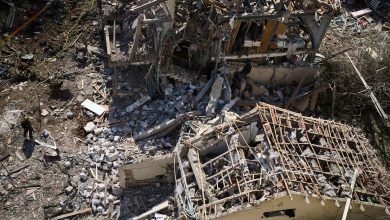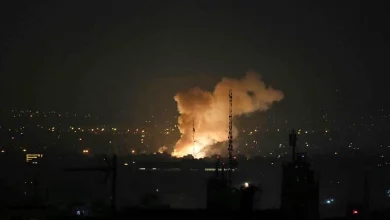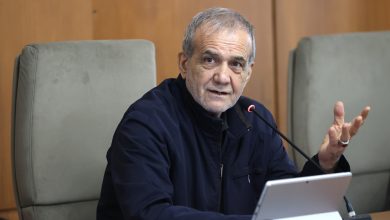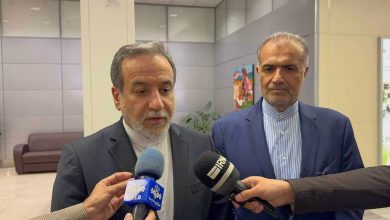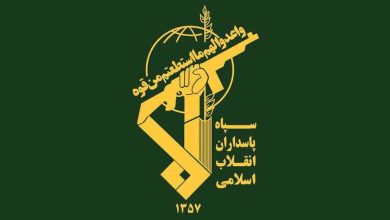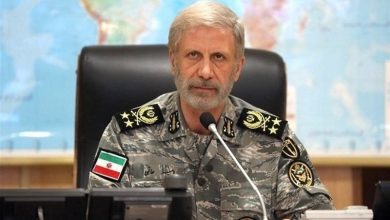Iran Signals End to Negotiations if US Demands Zero Enrichment
Iran's Deputy Foreign Minister, Kazem Gharibabadi, has emphasized the nation's unwavering stance on its right to enrich uranium, marking it a "red line" in negotiations. He stated that reaching a conclusive agreement with the United States regarding Iran's peaceful nuclear program depends on the acknowledgment of this fundamental principle.
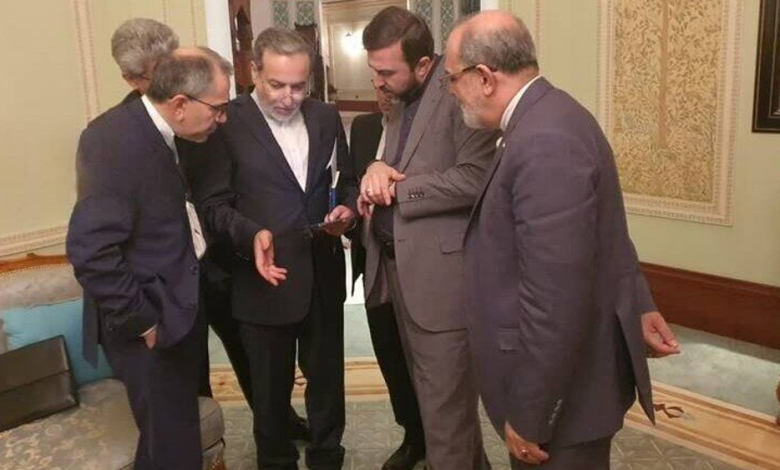
Iran’s Deputy Foreign Minister, Kazem Gharibabadi, has emphasized the Islamic Republic’s non-negotiable stance on its right to enrich uranium. He stated that reaching a conclusive agreement with the United States regarding Iran’s peaceful nuclear program hinges on the acknowledgment of this principle.
Ebrahim Rezaei, spokesperson for the Iranian Parliament’s National Security and Foreign Policy Committee, referenced remarks made by Gharibabadi during a press briefing on Tuesday. The comments pertained to the fourth round of indirect nuclear negotiations between Tehran and Washington, which took place over the weekend in Qatar.
According to Iranian Deputy Foreign Minister, as reported by Rezaei, “principles and generalities” were the focus of indirect discussions during the fourth round of negotiations, with the Islamic Republic reiterating its established red lines in the talks.
The deputy foreign minister for legal and international affairs emphasized that uranium enrichment remains a non-negotiable boundary for the Islamic Republic. Furthermore, Rezaei clarified that no discussions have taken place concerning regional matters or the nation’s defense and missile capabilities.
Gharibabadi highlighted criticism of what he described as “the contradictory positions of the Americans and their recent sanctions,” emphasizing that “achieving an agreement depends on respecting Iran’s red lines. Consequently, if the Americans aim for zero enrichment, there is no necessity to proceed with negotiations,” according to Rezaei.
The deputy foreign minister emphasized the critical significance of domestic uranium enrichment, stating, “Uranium enrichment is intrinsically linked to the national pride of Iranians, and we have made considerable sacrifices to gain access to this essential technology. Consequently, it remains a non-negotiable red line for the country, and we will not retreat from this stance,” Rezaei added.
Highlighting the conflicting stances of U.S. officials regarding the crucial negotiations, Rezaei cited Iran’s deputy foreign minister, who emphasized that “domestic issues in the United States are not Iran’s concern. We require uranium enrichment to address various peaceful needs, including the requirements of power plants such as the Tehran reactor.”
Gharibabadi criticized the United States for imposing new sanctions on Tehran, which he described as unjust, during ongoing discussions regarding its peaceful nuclear program, Rezaei reported. The U.S. has implemented these fresh sanctions despite ongoing diplomatic efforts between the two nations over Iran’s nuclear activities.
On Monday, the U.S. Department of State announced the designation of three Iranian nationals along with a company named Fuya Pars Prospective Technologists. The department alleges their involvement in dual-use research and development activities applicable to nuclear weapons.
American officials have announced that the sanctions imposed effectively freeze any assets belonging to the targeted individuals and entities within the United States and prohibit any business interactions with them.
New sanctions have been introduced just one day following the fourth round of indirect discussions between Iran and the United States. These talks were part of efforts to establish a new agreement concerning Iran’s nuclear program and the lifting of sanctions on Tehran.
Under Oman’s mediation, Iran and the United States engaged in three rounds of negotiations concerning Iran’s nuclear program. These discussions took place in Muscat and Rome on April 12, 19, and 26.
Representatives from both sides have conveyed their approval regarding the progression of the negotiations, lauding the discussions as “positive” and indicating they are “moving forward.”

